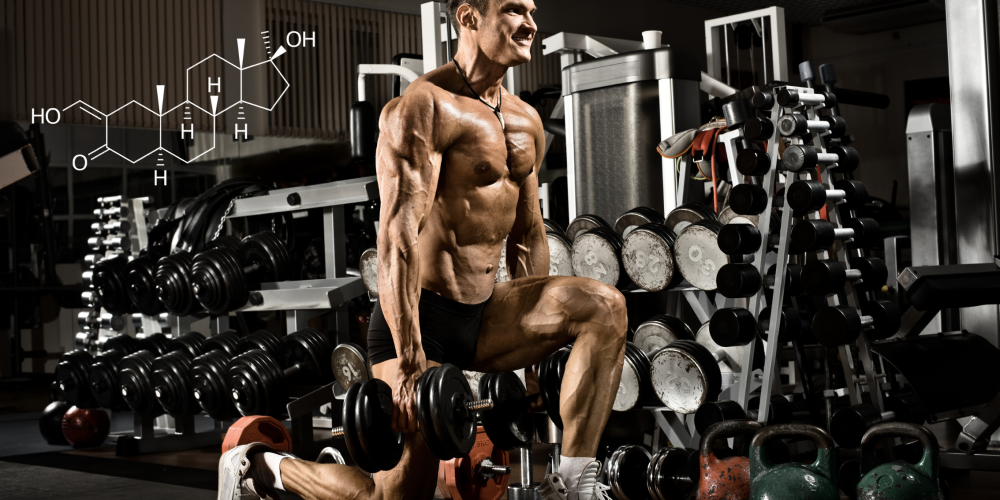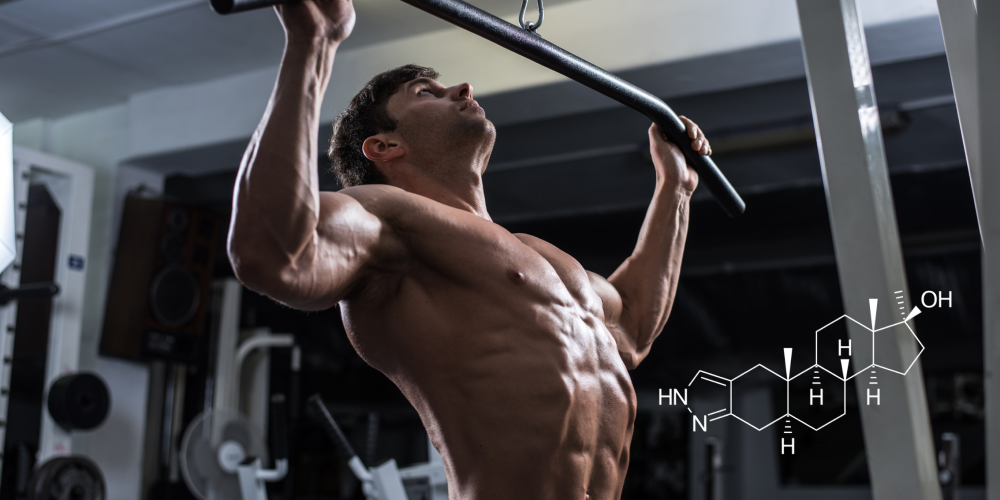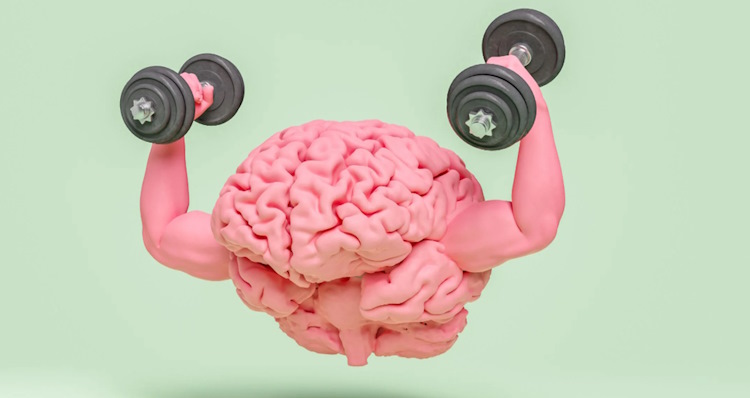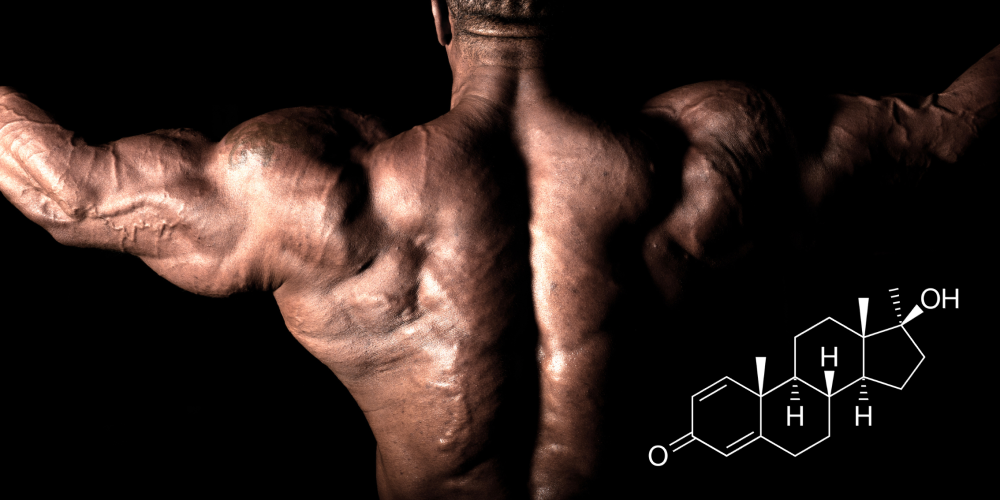Unveiling the power of protein: The satiety symphony and beyond
Buckle up, fitness enthusiasts and nutrition nerds, because we’re about to embark on a journey through the fascinating realm of the “Protein Leverage Hypothesis.” This scientific concept might sound like a plot twist in a high-stakes thriller, but in reality, it’s the key to understanding our primal cravings, the battle of the bulge, and the intricate dance of macronutrients in our bodies. Let’s dive into the protein-packed saga and explore how this hypothesis could be the game-changer in our quest for a healthier, more satisfying diet.
The Protein Leverage Hypothesis Unveiled
Protein’s Pivotal Role
At the heart of the Protein Leverage Hypothesis lies the idea that our bodies have an inherent drive to consume a certain amount of protein. Drs. David Raubenheimer and Stephen Simpson, the masterminds behind this hypothesis, propose that we prioritize meeting our protein needs above all else. This drive, they argue, influences our overall caloric intake, potentially playing a significant role in the obesity epidemic.
The Satiety Symphony
Imagine protein as the conductor of a symphony, orchestrating the intricate balance between our appetite and food intake. Research suggests that protein has a superior satiating power compared to fats and carbohydrates. In simpler terms, when we consume enough protein, our bodies signal a sense of fullness and satisfaction, reducing the likelihood of overeating.
Protein’s Dance with Calories
One of the captivating aspects of the Protein Leverage Hypothesis is its exploration of how protein intake influences overall caloric consumption. The hypothesis proposes that if our diet lacks sufficient protein, we may instinctively increase our calorie intake in an attempt to meet our protein needs. This, in turn, could contribute to weight gain and the challenges associated with weight management
Real-World Applications
Weight Management Wizardry
For those navigating the labyrinth of weight management, understanding the Protein Leverage Hypothesis could be a game-changer. By strategically prioritizing protein-rich foods, individuals may find themselves naturally curbing excess calorie consumption. Picture protein as the superhero, swooping in to rescue you from the clutches of mindless snacking and unnecessary overindulgence.
Balancing Act for Optimal Health
The Protein Leverage Hypothesis isn’t just about shedding pounds; it’s about achieving a balanced and sustainable approach to nutrition. As we prioritize protein, we’re not just meeting our body’s structural needs; we’re also tapping into a wealth of micronutrients essential for overall health. It’s like providing the body with a well-rounded toolkit for optimal function.
Cravings Decoded
Understanding the Protein Craving
Ever found yourself craving that post-workout chicken breast or a protein-packed smoothie? The Protein Leverage Hypothesis sheds light on these cravings, suggesting that our bodies may be signaling a need for more protein. It’s like a biochemical Morse code, with our taste buds and cravings trying to communicate the body’s requirements for optimal function.
Protein’s Influence on Food Choices
The Protein Leverage Hypothesis doesn’t just stop at understanding cravings; it extends its reach into our daily food choices. If protein is the leading character in our nutritional drama, it makes sense that our diets may be shaped by a quest to meet our protein requirements. This could explain why, in a world filled with diverse food options, protein-rich foods often take center stage.
Navigating the Modern Food Landscape
The Modern Paradox
In a world where food is abundant but nutritional content can be questionable, the Protein Leverage Hypothesis provides a lens through which we can analyze our modern dietary habits. Could our penchant for energy-dense, protein-poor snacks be a consequence of our bodies’ relentless pursuit of protein, leading us astray in the midst of processed and calorie-laden temptations?
Applying the Hypothesis in Daily Life
Armed with the knowledge of the Protein Leverage Hypothesis, individuals can make informed choices in their dietary habits. Incorporating lean sources of protein such as poultry, fish, beans, and dairy could be the secret sauce to achieving a diet that not only satisfies our appetite but also nourishes our bodies for optimal performance.
Criticisms and Controversies
Debating the Hypothesis
Like any groundbreaking theory, the Protein Leverage Hypothesis isn’t without its fair share of skepticism. Some critics argue that the evidence supporting the hypothesis is still in its infancy, and factors like individual variations in metabolism and dietary preferences may complicate the simplistic protein-centric narrative.
Balancing the Macronutrient Equation
Critics also emphasize the importance of considering the interplay between all three macronutrients—proteins, fats, and carbohydrates. While protein’s satiety power is celebrated, a balanced diet that includes healthy fats and complex carbohydrates is crucial for overall well-being. It’s not about pitting macronutrients against each other but understanding their harmonious collaboration.
As we wrap up our exploration of the Protein Leverage Hypothesis, it’s evident that this nutritional concept is more than just a scientific theory – it’s a lens through which we can view our dietary choices, cravings, and the intricate dance of macronutrients in our bodies. Whether you’re on a quest for weight management, optimal health, or simply intrigued by the mysteries of the human appetite, the Protein Leverage Hypothesis invites you to rethink the role of protein in your plate-to-mouth saga. So, as you savor that protein-rich meal, remember, you’re not just nourishing your body; you’re embracing the symphony of satiety and writing your own nutritional epic.









